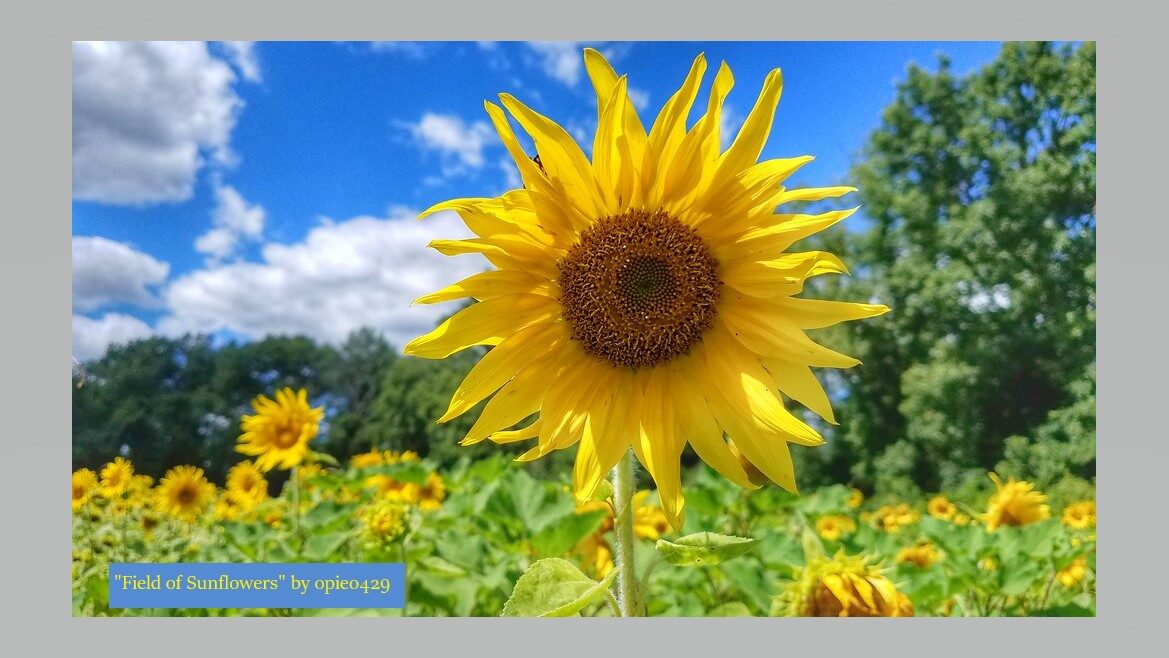After diligently monitoring the developments of the COVID-19 outbreak, on March 3, 2020, the decision was made to cancel the GSFL2020 Roundtable. There were several reasons for this decision. Chief among them was the alarming rate of infection in many of the nations where the vast majority of GSFL members are located: Austria, Canada, Denmark, Finland, France, Germany, Greece, Italy, Norway, the Netherlands, Spain, Switzerland, the United Kingdom, and the United States.
Another consideration in this arduous decision-making process was the simple fact that many of our members would have needed to book their tickets far in advance to ensure the best prices possible. To avoid the possibility that our members/guests would have difficulty re-couping their travel and accommodation expenditures, the GSFL Executive Council deemed it imperative to make a final decision as early as possible.
At the end of the day, however, the final decision to cancel the GSFL2020 was made to safeguard the health and well-being of our members and guests. Bearing in mind the demographics of our membership as well as the potential of a-symptomatic COVID-19 transmission which can nevertheless be lethal, the risks associated with holding the conference and thereby subjecting attendees (and their families, friends, colleagues, and communities) to possible exposure due to (inter)national travel, and/or sustained close-contact over a four-day period were judged to be unacceptably high. Although this was an extremely difficult decision to make, we feel strongly that it was the right one. Should you have any questions or concerns, please do not hesitate to contact GSFL President, Professor Dr. I. M. Nick (mavi.yaz@web.de). We look forward to welcoming you to a future GSFL event! Stay Safe and Stay Well!
For your convenience, we have listed below health precautions which have been identified as being particularly important during this period.
General Precautions Issued by the World Health Organization (WHO)
If you wear a facial mask, be sure to do so safely. Disinfect your hands well before putting on your mask; make sure the mask fits over your mouth AND nose; avoid touching your mask while it is on; remove your mask from behind and avoid touching the front of your mask; disinfect your hands after removing your mask. For more WHO safety tips and a video on how to use facial masks safely and effectively, use this link: https://www.who.int/emergencies/diseases/novel-coronavirus-2019/advice-for-public/when-and-how-to-use-masks
Wash your hands frequently and carefully. Use either soap and water or use an alcohol-based hand rub if your hands are not visibly dirty. Be sure to wash carefully between your fingers. It is recommended you wash your hands for at least 20 seconds.
Practice respiratory hygiene.When coughing and sneezing, cover your mouth and nose with flexed elbow or tissue. Be sure to discard tissues immediately into a closed bin and clean your hands with either an alcohol-based hand rub or soap and water.
Maintain social distance. Keep at least 1 metre (3 feet) distance between yourself and other people, particularly when engaging with people who are coughing, sneezing, and/or and have a fever.
Avoid touching your eyes, nose, and mouth with your hands. During the course of a day, your hands touch many surfaces which can be contaminated with the virus. If you touch your eyes, nose, or mouth with your contaminated hands, you could unknowingly transfer the virus from the surface to yourself.
Avoid contact with live animal markets, wet markets, or animal product markets. If you do visit one of the above environments, wash your hands well with either soap and water or use an alcohol-based rub; avoid touching eyes, nose, or mouth with your hands; avoid contact with sick animals or spoiled animal products. Strictly avoid any contact with other animals in the market (e.g., stray cats and dogs, rodents, birds, bats). Avoid contact with potentially contaminated animal waste or fluids on the soil or structures of shops and market facilities.
Avoid consumption of both raw or undercooked animal products. Handle raw meat, milk or animal organs with care, to avoid cross-contamination with uncooked foods, as per good food safety practices.
If you have a fever, cough, or difficulty breathing, seek medical care EARLY and avoid travelling. Be sure to tell your health care provider if you or someone you have been in contact with traveled in an area where COVID19 was reported.
Safety Tips for Travelling from the WHO
Avoid travel if you have a cough, are sneezing, have a runny nose, or are running a fever; and seek medical attention early.
If you have to cough or need to sneeze, cover your mouth and nose. Throw away any used tissue immediately and wash your hands.
Avoid close contact with people who have a cough, are sneezing, have a runny nose, or have a fever.
Eat only well-cooked food and avoid close contact with animals that are sick.
If you become sick while travelling, inform travel crew, seek medical care early, and share your travel history with your health care provider.
Avoid all unnecessary travel. If you have to travel, be sure to research the health restrictions, recommendations, and requirements which may have been introduced to protect you and those you care about from possible infection.
Useful Links for further Information…
WHO website: https://www.who.int/emergencies/diseases/novel-coronavirus-2019/advice-for-public
Bundeszentrale für gesundheitliche Aufklärung Websites: https://www.infektionsschutz.de/hygienetipps/ and https://www.infektionsschutz.de/infektionskrankheiten.html
CDC websites: https://www.cdc.gov/coronavirus/2019-ncov/php/risk-assessment.html and https://www.cdc.gov/coronavirus/2019-ncov/travelers/faqs.html
Regularly Updated Information on Travel Advisories Issued by the US Government can be found here:https://travel.state.gov/content/travel/en/traveladvisories/traveladvisories.html/
Information Sheet from Germany’s Auswärtiges Amt: https://www.auswaertiges-amt.de/blob/2294930/dbd6f9144a3e4dd8d31a0743299a5a83/ncov-data.pdf
Regularly Updated Travel Recommendations from the World Health Organization can be found here: https://www.who.int/emergencies/diseases/novel-coronavirus-2019/travel-advice
